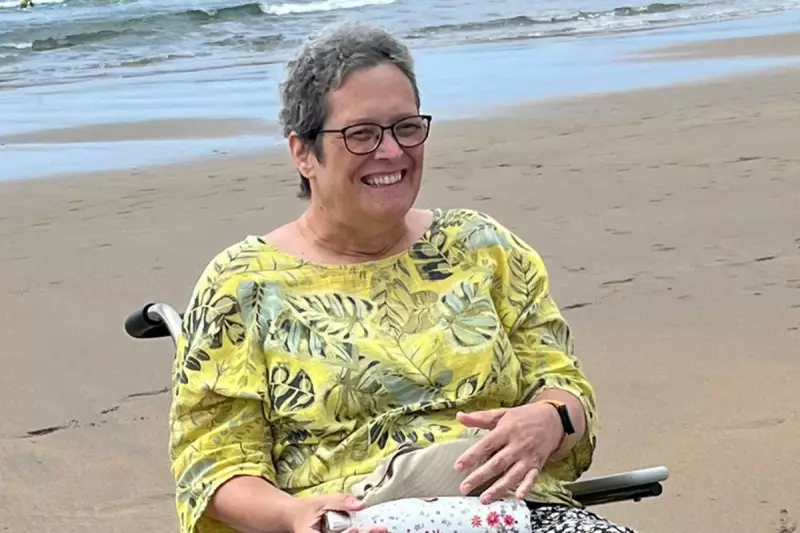
What began as a simple afternoon of gardening transformed into a life-altering medical odyssey for one British mother, whose story serves as a powerful warning about the hidden signs of serious illness.
Julie Davies, 55, initially brushed off her severe back pain as the result of a minor gardening mishap. However, when the agony persisted for months, defying all conventional treatment for a simple injury, she knew something was profoundly wrong.
"I was in absolute agony, but everyone kept telling me it was just a pulled muscle from gardening," Julie recalls. "Even after physiotherapy and painkillers, the pain was relentless. I had a deep, instinctive feeling that this was something much more serious."
The Overlooked Red Flags
Her concerns were repeatedly dismissed by medical professionals, with some even suggesting her symptoms could be attributed to the menopause. It was only after Julie demanded a second opinion and further investigation that the terrifying truth was uncovered.
Advanced scans revealed a rare and dangerous tumour growing on her spine – a diagnosis of chordoma, an uncommon form of bone cancer.
A Fight For Life And Awareness
Julie's subsequent journey involved gruelling, life-saving surgery to remove the tumour, followed by a lengthy and challenging rehabilitation process. She has since made a remarkable recovery and is now on a mission to raise awareness.
"I want people to trust their instincts when it comes to their health," she urges. "If your pain feels different, or something just doesn't seem right, you must push for answers. My so-called 'gardening injury' was actually cancer."
Her case highlights a critical gap in recognising the symptoms of rare cancers, which can often be mistaken for common aches, pains, or other less serious conditions.
Key Symptoms You Should Never Ignore
- Persistent back pain that doesn't improve with rest or standard pain relief.
- Pain that is unrelated to physical activity or movement.
- Unexplained neurological symptoms, such as numbness, tingling, or weakness in the limbs.
- Bladder or bowel function changes.
- Pain that worsens at night or while lying down.
Medical experts echo Julie's message, emphasising that while most back pain is benign, persistent or atypical symptoms warrant thorough investigation to rule out serious underlying causes like spinal cancer.
Julie’s courage in sharing her story provides a vital public health lesson in perseverance, self-advocacy, and the importance of looking beyond an initial diagnosis.





